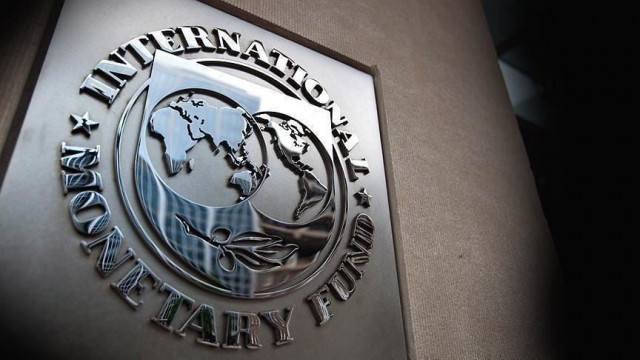The IMF review hiccups
All of the policy instruments deployed to achieve stabilisation are antithetical to growth

PHOTO: ANADOLU AGENCY/FILE
In its concluding statement, the IMF mission talked of the progress made. But it also talked of progress to be made. Here is the silver lining: “Inflation should start to see a declining trend as the pass-through of exchange rate depreciation has been absorbed and supply-side constraints appear to be temporary.” The political concern is with essential prices — flour and sugar in particular. These spiked as a result of the provincial failure to adopt the standard corrective measures in time. As a matter of fact, the Sensitive Price Indicator of 51 items had been falling steadily since the peak of 20.07% in the week ended on January 9, 2020. In the latest week, it stood at 16.38%. The decline for the lowest income group was even higher. Prices of 13 items with a weight of 27.63% in the consumption of the lowest income group, including atta (flour) and cheeni (sugar), declined. Prices of another 16 items, including tea, remained unchanged. Now that the holding actions have been taken, the very announcement effect will enhance availabilities and thus stabilise key items.
While this happens, the meetings after meetings on how to bring the power and gas tariff down will stop happening. For the umpteenth time, it will become clear that there is a trade-off between improving efficiency or increasing the tariff. The former requires entry into territory that angels fear to tread, the mantra that we have angels ruling the roost notwithstanding. As the public attention shifts elsewhere, tariffs will be increased with some appeasing re-categorisation. If worse comes to worst, combined reviews are not unknown in the IMF scheme of things. The budget is just a few months away. Accelerated privatisation, non-tax revenue especially the State Bank profits thanks to the shylocking policy rate, and some magnanimity on the part of the IMF to reduce targets, will be the win-win trick. But the entire episode will have brought home the truth to the archangel that the time for the year of growth is not nigh. Stabilisation in the IMF way of doing things takes a full programme. All of the policy instruments deployed to achieve stabilisation are antithetical to growth. In our experience, there is growth after the programme as the period coincides with electioneering. The spend-spend policy by creating money out of thin air to win elections leads to growth that cannot be sustained. Instability returns by the time new government is installed. The game of blaming the past resumes. For the underlings, past is never another country. Past is present, and present is future.
Published in The Express Tribune, February 21st, 2020.
Like Opinion & Editorial on Facebook, follow @ETOpEd on Twitter to receive all updates on all our daily pieces.













COMMENTS
Comments are moderated and generally will be posted if they are on-topic and not abusive.
For more information, please see our Comments FAQ